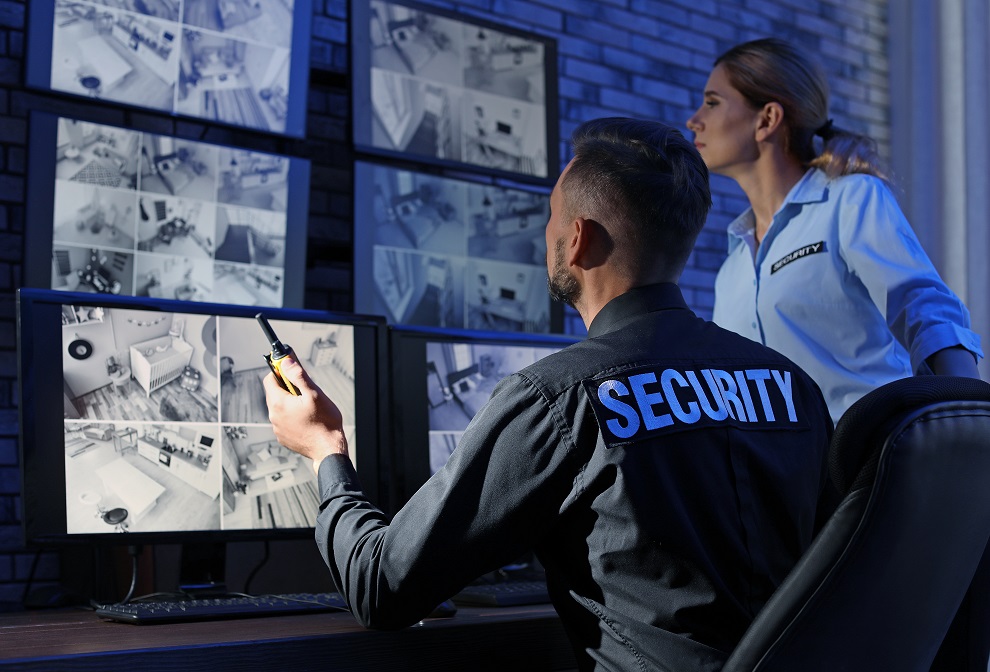Background
End-users (Licensees) have the primary responsibility for designing, implementing and maintaining security arrangements for radioactive sources in accordance with the regulatory requirements in their State and any other further security objectives defined by the organisation itself. As part of the licensing process, they usually submit a security plan to the regulatory body in which they demonstrate how they will meet the regulatory requirements. Amongst others, a comprehensive security plan documents the design, operation and maintenance of the entire physical protection system, which is based upon the functions of deterrence, detection, delay and response. The first function of the security system is to deter adversaries from attempting to steal or sabotage radioactive sources. The second is to detect and assess any attempts that adversaries might be making. The third and fourth are to delay adversaries who are attempting to steal or sabotage sources until an adequate response force (e.g. the police) can arrive and interrupt or neutralise them. Each of these functions is important and works with the others to achieve effective radioactive source security.
The response function refers to the actions undertaken by onsite security forces (if present) and/or offsite responders, who normally consist of police or other law enforcement personnel, to try to interrupt and subdue an adversary while the malicious act is in progress. Responders need to be properly trained and equipped and have the authority and ability to carry out their assigned actions. They must be familiar with the site, know who is responsible for what, and have the necessary resources to stop the malicious act.
The majority of licensees that use radioactive sources will not have an onsite armed guard force and therefore need to carefully plan incident response procedures that should be followed in close coordination with the police or other local law enforcement agencies. To develop effective coordination, licensees need to communicate—and periodically meet with—their offsite response force. Both entities need to know who the points of contact are at each other’s organisations and have their full, up-to-date contact information.
Experience has shown that developing effective response arrangements and guaranteeing a timely and effective support from external response forces is challenging and requires particular efforts and sustainable attention. In too many cases, physical protection arrangements are designed without input from response stakeholders; therefore, many detection and delay measures are designed on non-demonstrated response assumptions.
To address these challenges faced by licensees operating in Asia, WINS and DOE/NNSA have decided to collaborate and organised a regional event dedicated to response arrangements where practitioners in several countries were able to share their experience and lessons learned in designing security response.
Objectives
The overall objective of this workshop was to review and discuss all matters related to preparing for and responding to a security incident at a facility where radioactive sources are in use or in storage. In particular this event was an opportunity to:
- Understand the importance of response in radioactive source security planning and identify the prerequisites to effective response;
- Explore the roles and responsibilities of the various stakeholders involved in the development and implementation of response arrangements;
- Review the various stages of security response and the need to coordinate the actions of security forces with other emergency responders such as ambulances and fire departments;
- Share experiences and lessons learned from responding to a security incident or practising security response arrangements;
- Review international recommendations and guidance for developing response plans.
The workshop was designed around the following themes:
- Response as a pillar of physical protection and the need for increased awareness. Response needs and capabilities should be considered from the design phase;
- Response strategies (e.g. containment or denial);
- Response roles and responsibilities, including internal and external (i.e., on-site and off-site) stakeholders involved in response.
- Response plans and procedures from initial response to full-scale reinforcement, including national resources if needed;
- Alarm management and communication, including local and off-site alarm monitoring, assessment and prioritisation;
- Specific issues related to security response for radioactive sources and the interfaces with other emergencies;
- Operational preparedness, testing, and exercises to assess the performance of response arrangements and ensure their continuous improvement.
Audience
This event was attended by 58 participants from 12 countries (Cambodia, Indonesia, Laos, Malaysia, Mongolia, Nepal, the Philippines, Sri Lanka, Thailand, Vietnam, Timor-Leste and the USA) and one international organisation (Interpol). SMEs from Argentina and the UK were invited to share their expertise and experience on the topic.
Participants represented end-users, law enforcement agencies or response organisations, and regulatory bodies with the responsibility for or experience in developing, implementing or assessing security response arrangements for radioactive sources.
Discussions focused on categories 1 and 2 radioactive sources in use or in storage at a fixed facility.
Process
In line with WINS’ approach to international workshops, this event was interactive and professionally facilitated. The workshop was built around a number of presentations from invited expert speakers, as well as breakout sessions that enabled participants to further explore the topic and share their experience and lessons learned.
An online voting system allowed participants to provide their views on questions put to the workshop by anonymously registering their opinions.
The workshop was held in English.
